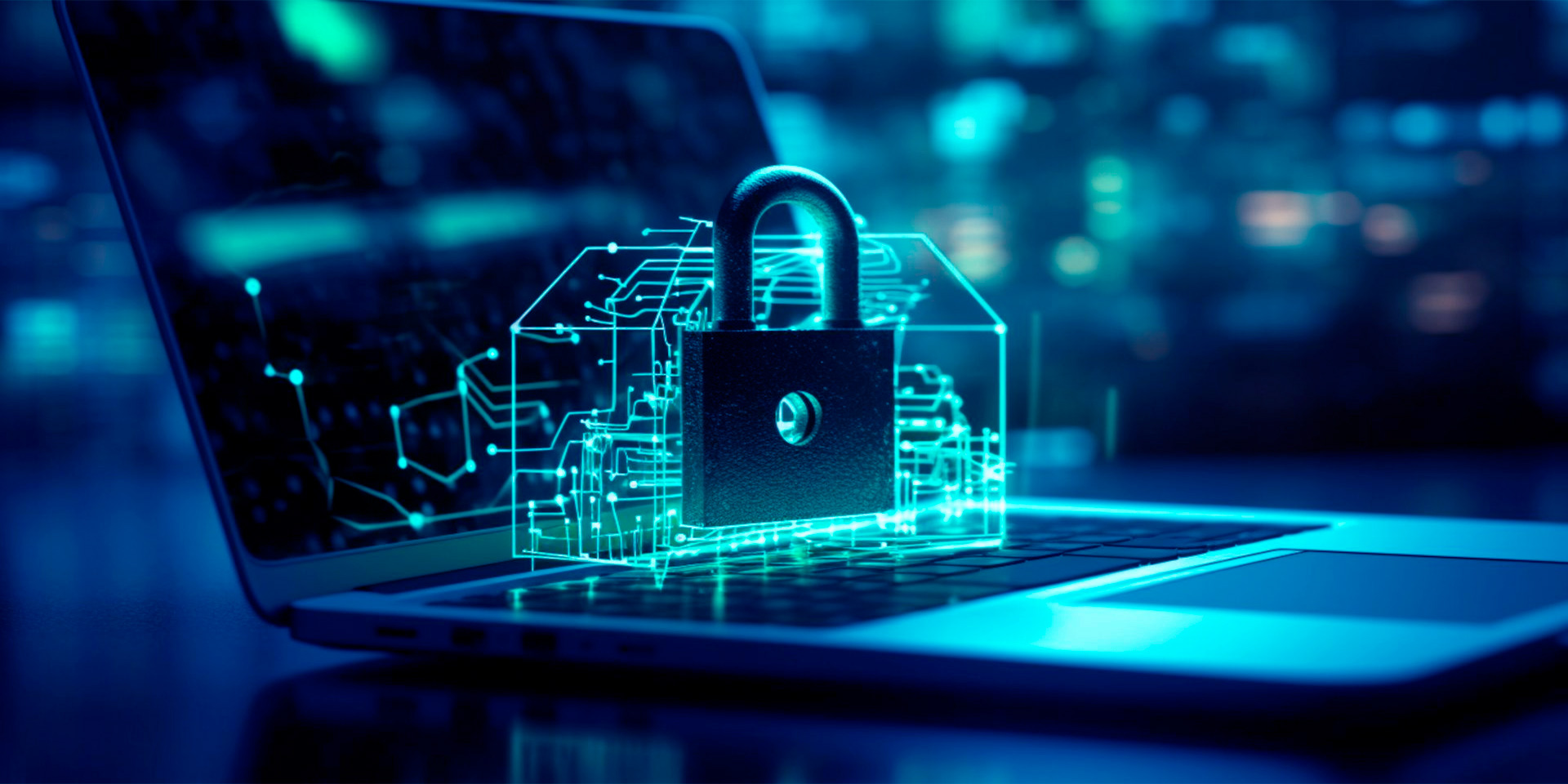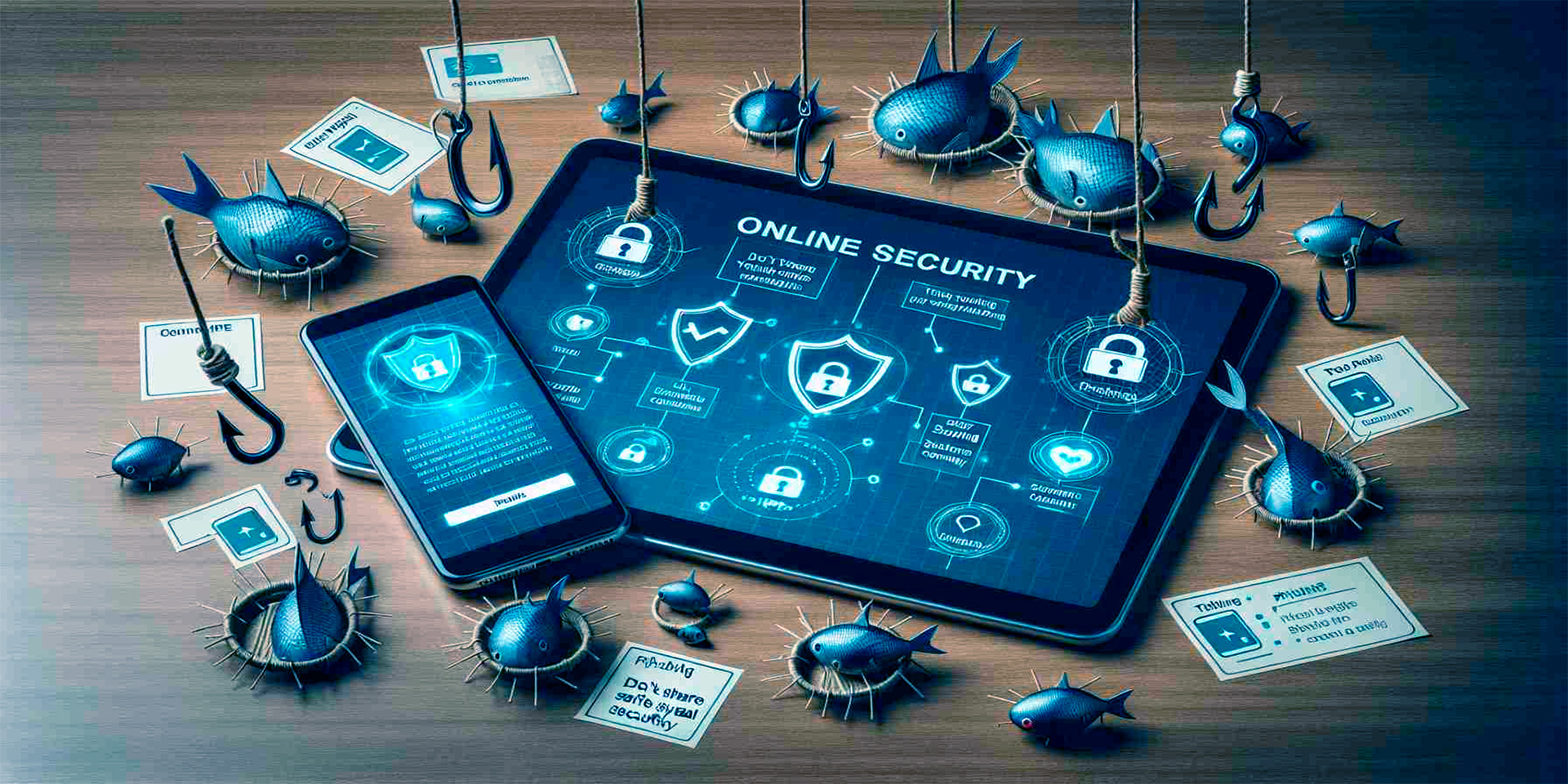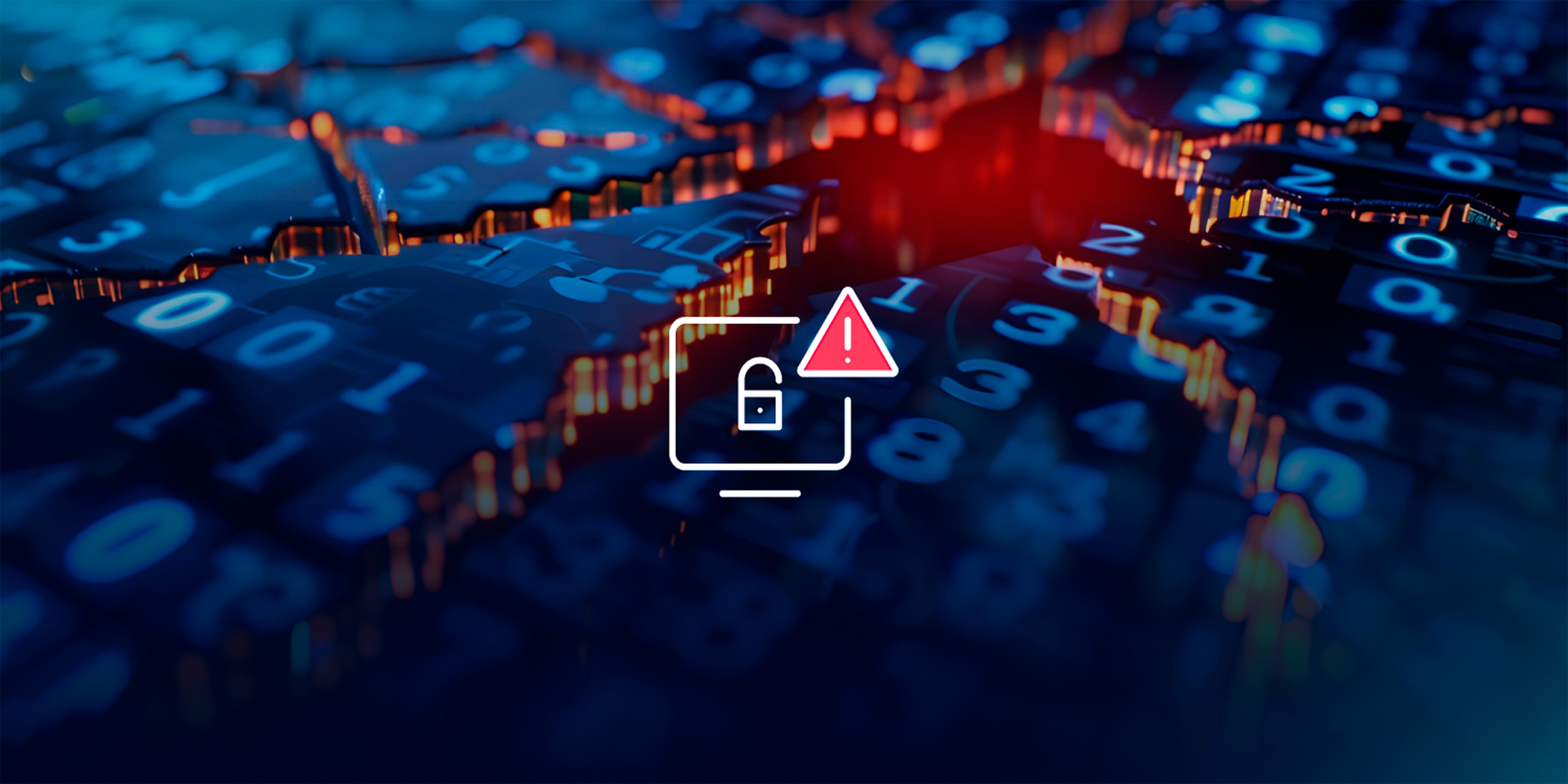In today’s digital age, protecting your personal information online is more important than ever. Cybercriminals are constantly evolving their tactics, making it essential for everyday users to adopt basic internet security practices. This article provides easy-to-follow internet security tips to help you safeguard your personal information and stay safe online.
Use Strong, Unique Passwords
One of the simplest yet most effective ways to protect your online accounts is by using strong, unique passwords.
Create Strong Passwords
A strong password is at least 12 characters long and includes a mix of upper and lower case letters, numbers, and special characters. Avoid using easily guessable information such as names, birthdates, or common words.
Use Different Passwords for Different Accounts
Using the same password across multiple accounts increases your risk if one account is compromised. Ensure that each of your accounts has a unique password to prevent a single breach from affecting multiple accounts.
Utilize Password Managers
Password managers can help you generate and store strong, unique passwords for all your accounts. These tools securely store your passwords and auto-fill them when needed, making it easier to maintain strong passwords without having to remember each one.
Enable Multi-Factor Authentication (MFA)
Multi-Factor Authentication (MFA) adds an extra layer of security to your accounts by requiring a second form of verification in addition to your password.
What is MFA?
MFA typically involves something you know (like a password) and something you have (like a phone or security token). For example, after entering your password, you may need to enter a code sent to your phone.
Benefits of MFA
MFA significantly reduces the risk of unauthorized access to your accounts. According to Microsoft, MFA can block 99.9% of automated cyber attacks. Enabling MFA on your accounts provides an additional safeguard against unauthorized access.

Be Cautious with Emails and Links
Phishing scams are a common method used by cybercriminals to steal personal information. Being cautious with emails and links can help you avoid falling victim to these scams.
Recognize Phishing Attempts
Phishing emails often create a sense of urgency and ask you to click on a link or download an attachment. Look for generic greetings, spelling mistakes, and suspicious email addresses. Legitimate organizations will typically address you by your full name and avoid urgent, threatening language.
Verify Links Before Clicking
Hover over links to see the actual URL before clicking. If the URL looks suspicious or doesn’t match the legitimate website, do not click on it. Instead, go directly to the website by typing the address into your browser.
Be Wary of Attachments
Do not open attachments from unknown senders. Even if the sender appears familiar, verify the attachment’s legitimacy with the sender before opening it.
Keep Your Software Updated
Regularly updating your software is crucial for protecting your devices from cyber threats.
Enable Automatic Updates
Enable automatic updates for your operating system, antivirus software, and applications. This ensures that you receive the latest security patches and fixes as soon as they are released.
Regularly Check for Updates
Even with automatic updates enabled, periodically check for updates to ensure your software is up to date. Outdated software can have vulnerabilities that cybercriminals can exploit.

Use Secure Wi-Fi Connections
Using secure Wi-Fi connections is essential for protecting your personal information, especially when accessing sensitive information online.
Avoid Public Wi-Fi
Public Wi-Fi networks are often unsecured, making it easy for cybercriminals to intercept your data. Avoid accessing sensitive information, such as online banking or shopping, over public Wi-Fi.
Use a Virtual Private Network (VPN)
If you must use public Wi-Fi, use a VPN to encrypt your internet connection. A VPN creates a secure tunnel for your data, protecting it from prying eyes.
Secure Your Home Wi-Fi
Ensure your home Wi-Fi network is secure by using a strong password and enabling WPA3 encryption. Regularly update your router’s firmware and disable remote management to reduce the risk of unauthorized access.
Be Mindful of Social Media
Social media platforms can be a goldmine for cybercriminals looking to gather personal information. Be mindful of what you share and who can see your information.
Adjust Privacy Settings
Review and adjust the privacy settings on your social media accounts to control who can see your posts and personal information. Limit the amount of personal information you share publicly.
Be Cautious of Friend Requests
Be wary of accepting friend requests from people you don’t know. Cybercriminals often create fake profiles to gather information or spread malware.
Avoid Oversharing
Think twice before sharing personal details, such as your location, vacation plans, or financial information, on social media. This information can be used by cybercriminals to target you.
Monitor Your Accounts Regularly
Regularly monitoring your accounts can help you detect and respond to suspicious activity quickly.
Check Bank and Credit Card Statements
Review your bank and credit card statements regularly for any unauthorized transactions. Report any suspicious activity to your bank or credit card company immediately.
Set Up Account Alerts
Many financial institutions and online services offer account alerts for suspicious activity. Enable these alerts to receive notifications of any unusual activity on your accounts.
Review Your Credit Report
Regularly review your credit report to check for any unauthorized accounts or inquiries. You can obtain a free credit report from each of the major credit reporting agencies annually.
Conclusion
Protecting your personal information online doesn’t have to be complicated. By following these simple internet security tips, you can significantly reduce your risk of falling victim to cyber attacks. Use strong, unique passwords, enable multi-factor authentication, be cautious with emails and links, keep your software updated, use secure Wi-Fi connections, be mindful of social media, and monitor your accounts regularly. These practices will help you stay safe online and protect your personal information from cybercriminals.




